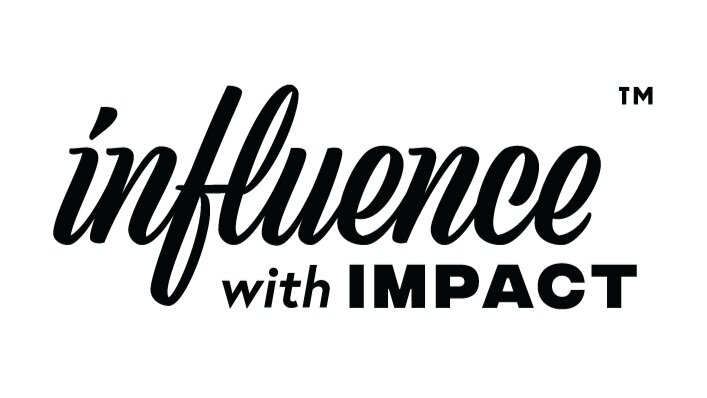#BreakTheStigma: 3 Mental Disorder Myths We Need to Stop Using
Look left, look right, look in front of you, look behind you, and look in the mirror. One of you is affected by a mental health condition. Each year millions of Americans are facing the reality of a mental disorder of different nature and severity.
May pays tribute to Mental Health Awareness by shedding light on the issues affecting so many and finding ways to provide support. Beyond money and time donations, education is one of the most powerful tools in fighting the stigmas that tag along with these conditions. Though this is a short start, here’s a couple of busted myths we need to never use again.
1. “Happy people can’t be depressed.”
Depression and anxiety are too often the poster child for mental disorders. When thinking of mental health going astray, many think about someone falling under severe feelings of restlessness and sadness. We see someone who is enjoying the fruits of life looking happy on the outside, and then put a mental block in our perception of them that tells us they simply can’t be suffering through depression.
“Happiness isn’t a permanent state; the experience of life includes every emotion,” says Dr. Patrick Wanis, Human Behavior Expert. “We can be fooled into thinking that someone who always has a smile on their face and appears to be so happy cannot actually be depressed, and yet they actually are deeply depressed.”
Depression is a serious illness with a huge stigma. No, a person can’t “just cheer up” like someone with a broken leg can’t “just put it back together.” It’s not about feeling sad or happy, it’s about feeling broken on the inside and creating a deep sense of hopelessness and despair that carries through their day-to-day activities.
2. “I don’t see how she can have an eating disorder.”
Whether we say she’s too big or too small to have a form of anorexia, bulimia or binge eating disorder, it’s often impossible to know the internal battles someone is struggling with from the outside. For Marcela Paguaga, a young thriving performer and blogger, her eating disorder started with her obsession toward achieving “the perfect body.” After countless fad diets she lost 74 pounds, but gained an eating disorder that she would carry through the next decade of her life.
“It was an addiction: losing weight and finally being accepted by society,” says Marcela. “I didn’t think I was doing anything wrong. I was actually proud because I was finally looking the way I thought everyone wanted me to look.”
The dark side of an eating disorder also lies in the other mental health symptoms it can cause: depression, anxiety and feelings of suicide. For Marcela, seeking treatment for an eating disorder didn’t come until she started feeling symptoms like these. Through support from her family and peers, she followed through with therapy and now works to raise awareness of these conditions through her craft. You can’t see living disorder, but you sure will live it.
3. “ADHD is for kids — they’ll outgrow it later.”
If there were any of these that I wish most true, it’s this one. The transition from high school to college was hard for me, and not because the workload was more challenging. College demanded that I become accountable for myself, work and relationships while I hadn’t “outgrown” my ADHD symptoms. I struggled to keep grasp of people and things I was passionate about without letting my impulsivity, anxiety, absent-mindedness, forgetfulness and short attention span getting in the way.
Dr. Daniel Bober, Medical Director of Pediatric Psychiatry at Joe DiMaggio Children’s Hospital, says “about 60 percent of children with ADHD will become adults with ADHD and they will continue to struggle as adults in their personal and professional relationships, meaning their marriage and their work.”
Without help, adults with ADHD are highly vulnerable to depression, anxiety and substance abuse. But once you harness the power of condition, it turns into a gift. Unbeknownst to many of my peers, I started seeking treatment and counseling my sophomore year as an undergraduate and used my “Ferrari brain,” as the doctor called it, to be productive on campus and bring energy to the groups I belonged to.
The National Alliance on Mental Illness provides resources toward a stigma free society. Individuals, companies, organizations and others can take the pledge to learn more about mental illness, to see a person for who they are and take action on mental health issues.
1 in 5 Americans live with a mental health condition and each of them has their own story. Take time to lean in and offer support where you can.
Visit www.nami.org for more information.
If you — or someone you know — need help, please call 1-800-273-8255 for the National Suicide Prevention Lifeline. If you are outside of the U.S., please visit the International Association for Suicide Prevention for a database of international resources.
If you’re struggling with an eating disorder, call the National Eating Disorder Association hotline at 1-800-931-2237.

